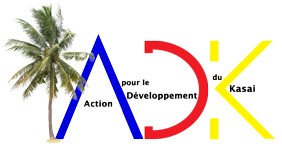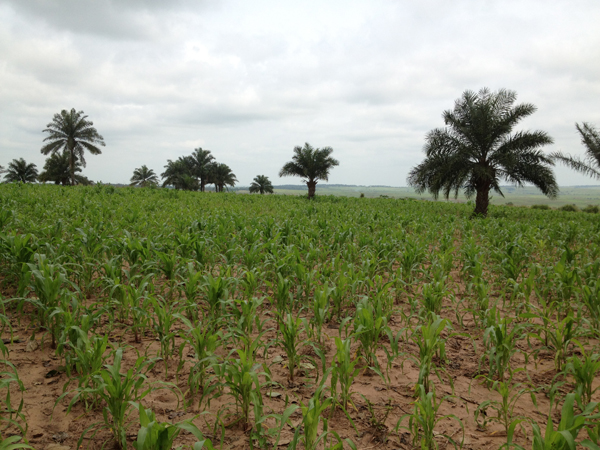The Congolese paradox is that of a country with an enormous agriculture potential, but which, however, is struggling to feed itself.
The Democratic Republic of Congo is neither short of labour, nor of space to cultivate, nor water. The country could be potentially not only self-sufficient but could also export its products to other countries which are less endowed. But the reality that this population is enduring is deplorable. According to a report issued by the International Research Institute on food policies in 2010, the DRC ranks among the 25 countries where hunger has reached disturbing proportions.
End 2011, the DRC was at the bottom of two lists: one regarding human development, and the other one showing the hunger index in the world. The situation is now considered to be extremely alarming: 70% of Congolese live under the poverty line, one child out of four is malnurished and more than 4.5 million Congolese out of more or less 70 million, are considered to be in the stage of acute food crisis.
The Congolese Minister of Agriculture, Fisheries and Breeding has indicated that 70% of Congolese households live in food insecurity, that is, 44 million Congolese, of which 12 million in urban areas. ADK, relying on the support from local and international, is trying to take on this challenge in multiplying initiatives in the fields of agriculture, fisheries and breeding, fish farming and others and encouraging self-reliance. Each year, ADK grows 20 Ha of corns, cassava, beans and peanuts, in Tshianvi village.









